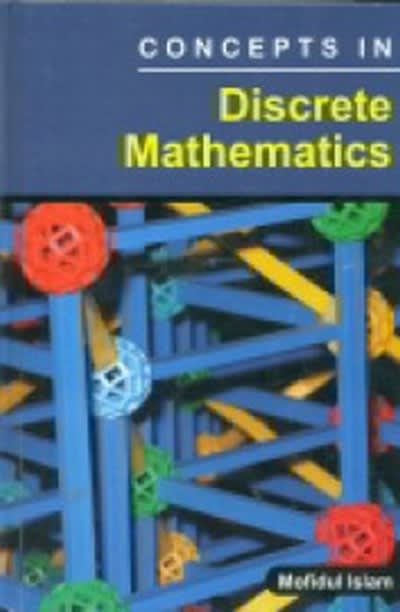Question
Project 2 focuseson CFIs' experience as a flight instructor. The dataset for the project 2 isgiven in the Excel file Project 2 Data and consists
Project 2 focuseson CFIs' experience as a flight instructor. The dataset for the project 2 isgiven in the Excel file "Project 2 Data" and consists of two setsof complacencyscores. The first set of scores wascollectedfrom a groupof first-year CFIs. The second set of scores was collected from the same group of CFIs 10years later to see if their tendency toward complacency as a flight instructorchangedasaresult oftheexperiencetheygainedoverthe past10 years.
As a reminder, the initialdata set consists of the following 10 independent variables (IVs) and one dependentvariable (DV):
X1=Participants'gender
X2 = Participants' age in yearsX3 =Participants' race/ethnicityX4=Participants'maritalstatus
X5=Participants' highest level of education
X6=Totalyearsparticipants haveheld a CFIcertificate
X7=Participants'total hoursdualgiven
X8=Participants'totalhoursdualgiveninprevious90days
X9=Participants'totalflighttime(inhours)
X10=Typesofcertificatesparticipantscurrenthold
Y= Complacency scores, which weremeasured on a 7-item Likert scale ranging from 1 = Strongly Disagree to 5 = Strongly Agree. Thus, scores could rangefrom 7 to 35, with higher scores indicating a greater likelihood towardcomplacencyasaflight instructor.

Step by Step Solution
There are 3 Steps involved in it
Step: 1

Get Instant Access to Expert-Tailored Solutions
See step-by-step solutions with expert insights and AI powered tools for academic success
Step: 2

Step: 3

Ace Your Homework with AI
Get the answers you need in no time with our AI-driven, step-by-step assistance
Get Started


